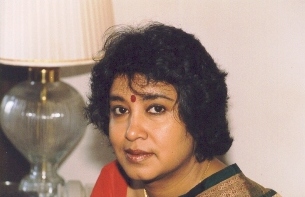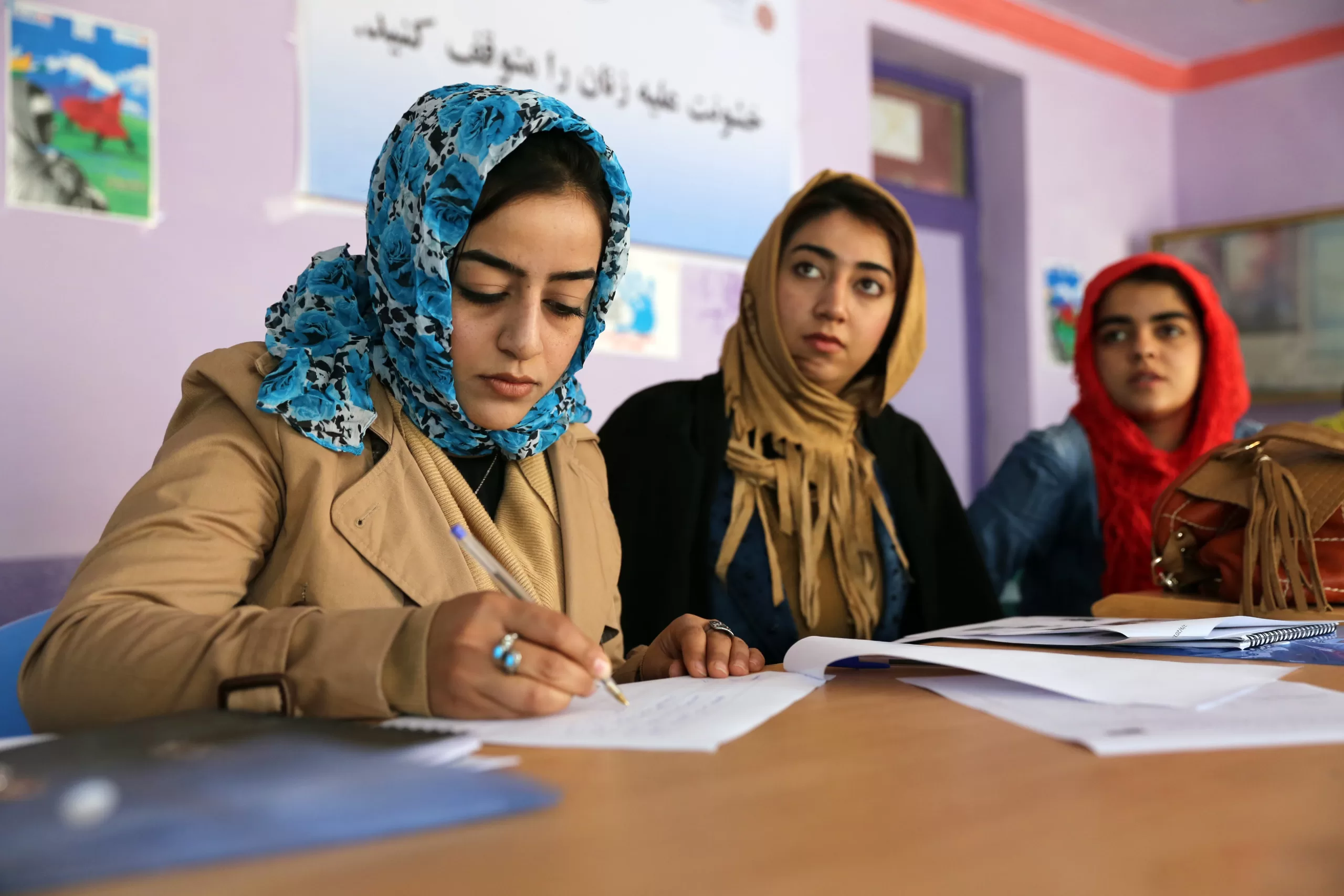Despite the extension of her visa, novelist Taslima Nasrin remains confined to a room in an undisclosed location, writes Sanal Edamaruku
The good news first: India has granted a visa extension to exiled Bangladeshi writer Taslima Nasrin. For now, the nightmare of an ill and desperate Taslima being forcefully expelled from her adoptive home of seven years. “All I want to do is live peacefully in this country. I have nowhere else to go,” Taslima recently wrote. When the showdown began and time was running out, Rationalist International started an international campaign and appealed to the prime minister of India. Within three days, our appeal had been supported by more than 3,800 letters from India, USA, Canada, Australia and all over Europe. The Forum for the Protection of Free Speech and Expression, led by Mahashweta Devi, Arundhati Roy, Ashish Nandy and Girish Karnad published an open letter to the prime minister, supported by many writers and intellectuals. Under public pressure, the government of India allowed her to stay.
The success, however, is tarnished. Now comes the bad news. While staying in India, Taslima Nasrin’s life will — according to a statement from the foreign ministry — be restricted to the “status quo”. And that is what horrifies her. The “status quo” describes a rather inhuman situation. For nearly three months now, the government of India has kept Taslima in complete isolation at an undisclosed location near Delhi. Nobody, not even she herself, knows her exact whereabouts. Guarded by officials, she has not even been allowed to meet close friends. Her only connections to the outer world are her mobile phone and laptop.
I am in regular phone contact with Taslima. She feels her life has turned into a never-ending nightmare. “I am like the living dead: benumbed; robbed of the pleasure of existence and experience; unable to move beyond the claustrophobic confines of my room,” she has written. Under the pressure of her enforced isolation, her health is deteriorating. Being a physician herself, she felt alarmed about her condition some weeks back and asked to see a cardiologist. After several days, an anonymous doctor gave her medication that nearly killed her. She had to be rushed into the Intensive Care Unit of the All India Institute of Medical Sciences in Delhi. After showing signs of improvement, she was swiftly taken back to the isolation of her room in nowhere.
Her ordeal began on 21 November 2007. That day, the government of the Indian state of West Bengal forced her to leave her house in Calcutta, where she had been living and working for more than seven years. They claimed that they could not protect her from the wrath of Muslim fundamentalists. She was not able to take anything with her apart from her mobile phone and her laptop.
West Bengal is ruled by the communist-led Left Front. Taslima Nasrin’s forceful deportation was clearly a move by them to appease Muslim fanatics in the hope they could influence the Muslim “vote bank”. Specifically, she was used as a lightning rod, diverting attention from mass protests against the state government’s confiscation of Muslim-owned farmland for an industrial mega project in Nandigram .
Taslima Nasrin has been a victim of the Left Front government’s preemptive submission to fundamentalist demands before. Some years ago, they banned her book Dwikhondito, but the ban was eventually lifted by the Calcutta High Court.
On the evening of 21 November, Taslima landed in Rajastan, an Indian state ruled by the Hindu nationalist BJP. After one day, the Rajasthan state government sent her to Delhi, where she spent several uncertain days at Rajasthan House, before the Indian central government took charge.
She was spirited away and hasn’t been seen since. Even when France’s President Sarkozy expressed the wish to personally present Taslima Nasrin with the coveted Prix Simone de Beauvoir, Delhi turned the proposal down.
Taslima is desperate to escape her isolation cell. She yearns to return to Calcutta. After fleeing from Bangladesh in 1994 to escape death threats from Muslim fanatics, she had lived in Sweden, Germany, USA and France, before she moved to Calcutta in 2000. She made West Bengal her adoptive home, as it shares language and culture with her native country. Only here, if not in Bangladesh, can she feel at home. “I am a Bengali within and without,” she has written. “I live, breathe, and dream in Bengali.”
If the West Bengal government and the Indian government in Delhi have their say, she may never be able to return to her life and work in Calcutta. As Taslima has written of her situation: “Can anybody live like this? It was beyond my imagination that in a secular democracy like India, such a thing could happen to a writer.”
Sanal Edamaruku is president of Rationalist International






